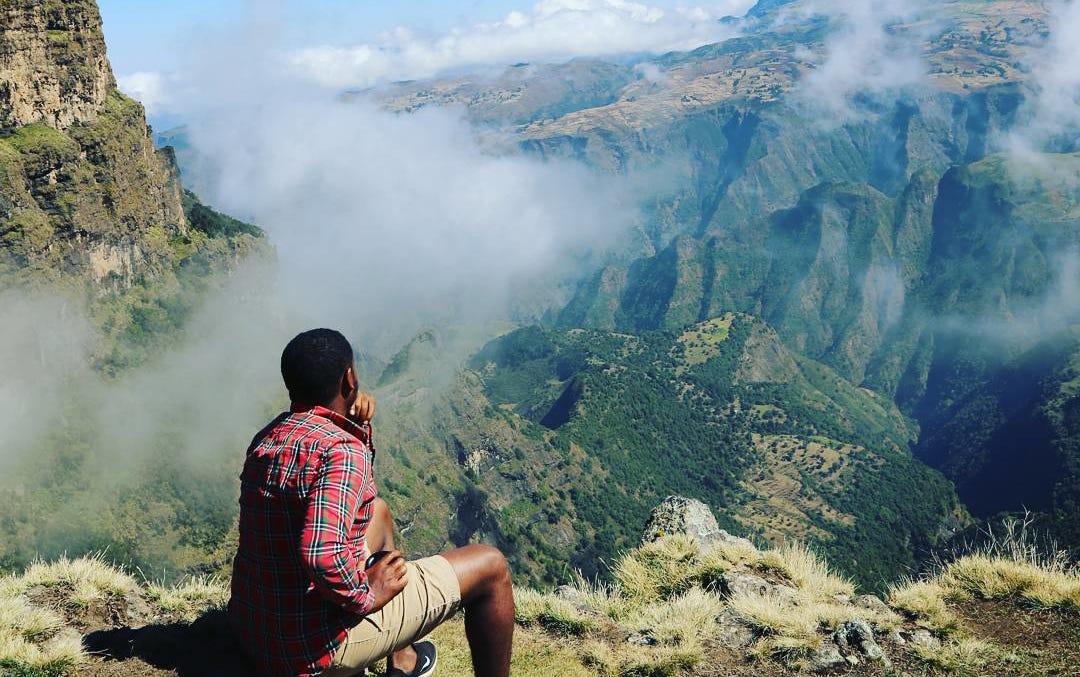Your basket is currently empty!
Moving to Africa can be an exciting and life-changing experience, offering opportunities for adventure, cultural enrichment, and professional growth. However, it also requires careful planning and preparation. Africa is a vast and diverse continent with 54 countries, each offering its own unique cultures, languages, and experiences. Whether you’re moving for work, study, or personal exploration, here are 10 things to know before making the leap:
1. Research the Specific Country and Region
Africa is not a monolith; each country has its own laws, customs, and way of life. Research the specific country and even the city or region where you plan to move. Understand the local culture, political climate, safety concerns, and economic conditions. For example, living in Lagos, Nigeria, will be vastly different from living in Cape Town, South Africa, or Accra, Ghana.
2. Understand Visa and Residency Requirements
Each African country has its own visa and residency requirements for expats. Ensure you understand the type of visa you’ll need—whether it’s a work visa, student visa, or residence permit—and apply well in advance. Some countries also require specific vaccinations, such as yellow fever, for entry.
3. Cultural Sensitivity is Key
Africa is home to thousands of ethnic groups, languages, and traditions. Take time to learn about the local customs and practices of the country you’re moving to. Being respectful of cultural norms, such as dress codes, greetings, and social etiquette, will help you integrate more smoothly and avoid unintentional offense.
4. Health Considerations and Medical Care
Healthcare standards vary widely across the continent. It’s crucial to get comprehensive travel health insurance that includes medical evacuation, as some regions may lack advanced healthcare facilities. Be sure to get recommended vaccinations and stock up on essential medications. Learn about local health risks, such as malaria, and take necessary precautions.
5. Cost of Living Can Vary Greatly
The cost of living in Africa varies significantly depending on the country and city. Some urban centers like Nairobi, Johannesburg, and Dakar can be surprisingly expensive, especially for housing and imported goods. Rural areas, on the other hand, tend to have a lower cost of living but may lack modern amenities. Research your specific destination and plan your budget accordingly.
6. Learn the Local Language(s)
While English, French, Arabic, and Portuguese are widely spoken in different parts of Africa, many countries also have numerous local languages. Learning a few basic phrases in the local language can go a long way in building connections and showing respect for the culture. For example, Swahili is widely spoken in East Africa, while Hausa is common in parts of West Africa.
7. Safety and Security
While many parts of Africa are safe for expats, some regions face challenges such as political instability, high crime rates, or terrorism. Stay informed about the security situation in your chosen destination by consulting travel advisories from reputable sources. Invest in personal security measures, such as secure housing, and be cautious with your belongings.
8. Climate and Weather
Africa’s climate is incredibly diverse, ranging from the deserts of the Sahara to the tropical rainforests of Central Africa and the temperate climate of southern Africa. Research the climate of your destination and prepare for conditions such as heat, humidity, or seasonal rains. Proper clothing and sun protection are essential.
9. Embrace the Local Food and Lifestyle
Africa offers a rich culinary heritage with flavors and ingredients that vary across the continent. Be open to trying local dishes like jollof rice, injera, or bunny chow. Additionally, adopt a flexible mindset—daily life in Africa may not follow the same pace or structure you’re used to, but that’s part of the charm.
10. Prepare for Connectivity and Infrastructure Differences
Access to reliable internet, electricity, and transportation can vary widely across Africa. In some areas, power outages and limited internet connectivity are common. Research your destination’s infrastructure and make contingency plans, such as investing in a portable generator or an international data plan.
Final Thoughts
Moving to Africa is an adventure filled with challenges and rewards. With proper preparation, an open mind, and a willingness to adapt, you can make the most of your experience on this vibrant continent. Take the time to learn, connect, and embrace the journey—Africa has much to offer for those who come with respect and curiosity.











